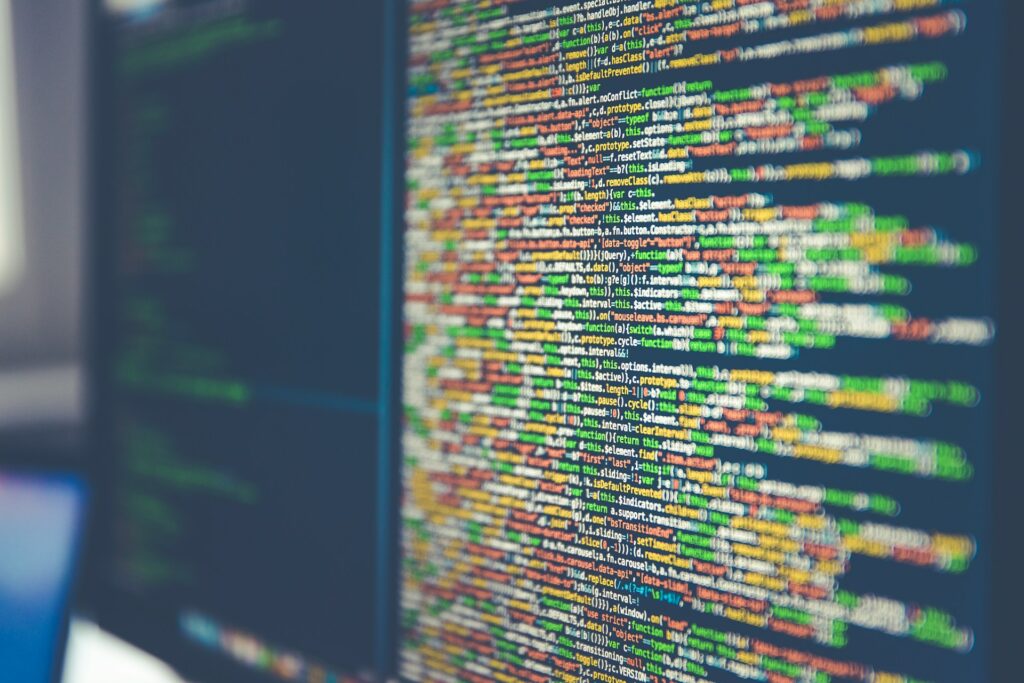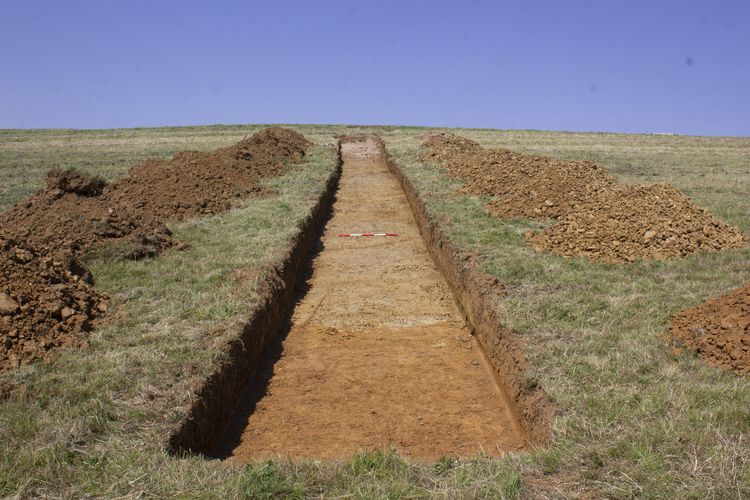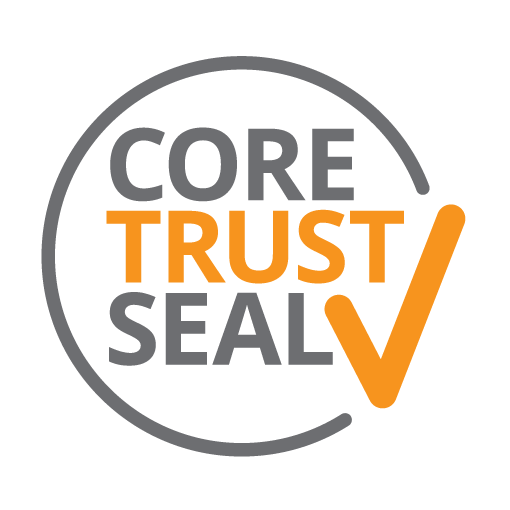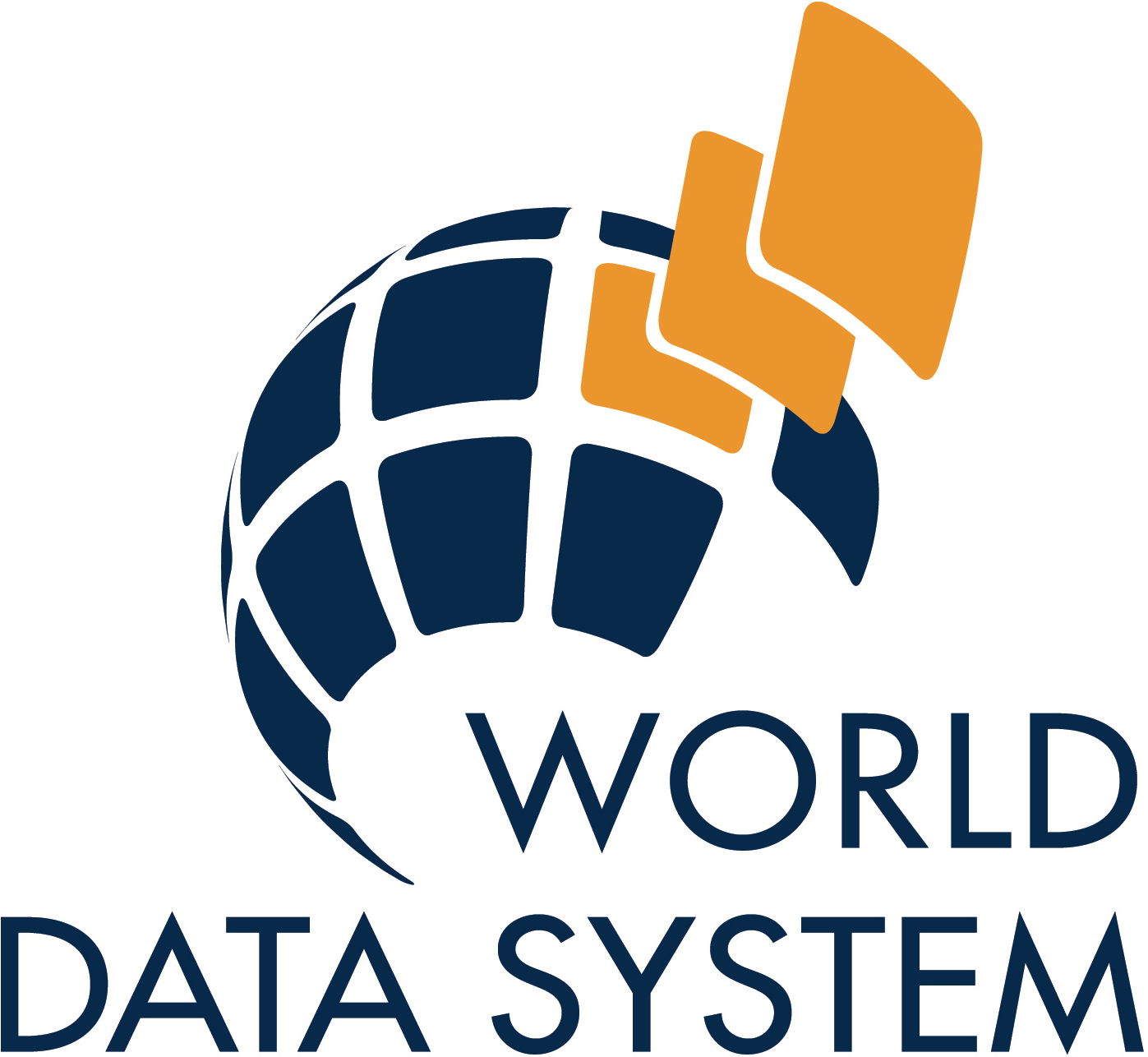I regularly suffer from cases of mistaken identity. It’s just as well that my namesake “Meet the Ancestors” Julian Richards and I get on well, as we regularly receive emails intended for the other person. I am often invited to lead tour groups to Stonehenge, whereas I’m sure he must have been tempted to head off to Denmark on more than one occasion. Admittedly the popularity of BBC TV’s Blood of the Vikings deepened the confusion, and I have been asked several times to help arrange for a DNA test by someone convinced of their Viking ancestry, often on the basis of their blond hair, blue eyes, and bad temper. Even academic library catalogues can get it wrong, attributing books about Stonehenge to me, and those about computers to him. It’s not that I’m particularly precious about this – although on one occasion the look of disappointment on the face of the chairman of a local archaeological society when I walked through the door was palpable: “You’re not at all what you look like on the television” – but this begins to matter when research profile depends upon citations and bibliometric statistics.
receive emails intended for the other person. I am often invited to lead tour groups to Stonehenge, whereas I’m sure he must have been tempted to head off to Denmark on more than one occasion. Admittedly the popularity of BBC TV’s Blood of the Vikings deepened the confusion, and I have been asked several times to help arrange for a DNA test by someone convinced of their Viking ancestry, often on the basis of their blond hair, blue eyes, and bad temper. Even academic library catalogues can get it wrong, attributing books about Stonehenge to me, and those about computers to him. It’s not that I’m particularly precious about this – although on one occasion the look of disappointment on the face of the chairman of a local archaeological society when I walked through the door was palpable: “You’re not at all what you look like on the television” – but this begins to matter when research profile depends upon citations and bibliometric statistics.
The Information Age makes this worse as people crawling the Internet for one or other of us usually assume that the first Julian Richards they find is the one they want. Google is far from helpful in this regard. Their auto-generated biography has merged our two identities. The collection of images of Julian Richards (“Presenter”) clearly shows two people – one with beard (him); one without (me) – and attributes our combined persona with books entitled The Vikings (me) and Data Processing in Archaeology (also me) and TV shows on Blood of the Vikings (him) and Meet the Ancestors (also him). Nor is there any appeal against this blatant case of ‘Identity Theft’. Have you noticed that the only thing you will never find on Google is an email address or telephone number for Google themselves?!
In computing circles there has long been talk of the need for an authoritative list of people, and archaeologists have wondered if we could create a controlled list of all archaeologists, in the same way that we have a Thesaurus of Monument Types, for example. Well I am pleased to say that there is at last a solution at hand, in the form of a new initiative which goes under the name ORCID. In the words on the web site (orcid.org):
“ORCID provides a persistent digital identifier that distinguishes you from every other researcher and, through integration in key research workflows such as manuscript and grant submission, supports automated linkages between you and your professional activities ensuring that your work is recognized.”
In other words, ORCID does for people what Datacite and Digital Object Identifiers (DOIs) do for online resources. It is supported by some major research organisations, libraries, and publishers, including the California Digital Library, CERN, Cornell University, Elsevier, MIT, Nature Publishing Group, Thomson Reuters, The Welcome Trust, and Wiley Blackwell.
ORCID is a free service and it is surprisingly easy to register for an ORCID ID. Indeed, it takes about 30 seconds, and then it is equally easy to add information about publications and funded research projects. As soon as you have registered ORCID will use automated tools to make suggestions of publications and data sets drawn from the databases of CrossRef, Datacite, Europe PubMed Central, Scopus and other services. Since Internet Archaeology already gives each paper a CrossRef identifier, and the ADS creates Datacite DOIs, my online papers and archives were immediately added to my ORCID web page, with links to the paper or archive. Other publications were drawn from other databases, and it was a relatively straightforward to confirm that I was the author, removing one or two stray Stonehenge ones! In addition, ÜberResearch provides data about grants awarded from all UK research councils (as well as the National Science Foundation in the United States, Welcome Trust and others). I now pleased to be 0000-0003-3938-899X. Over 600,000 researchers have already registered ORCID identifiers, and the number is growing rapidly. Where data depositors have ORCID ids we are linking to their ORCID home pages from the ADS archive landing page. For example, click on my name in the Burdale project archive. Internet Archaeology is also encouraging new authors to register for ORCID identifiers and adding it to the title page of each paper. ORCID also provide open APIs to allow other organisations to use ORCID ids in their web sites. In the world of Linked Open Data, persistent identifiers are going to become even more important, and none more so than those which identify who we are. Far from being apprehensive about this Brave New World I, for one, am delighted that I should receive fewer emails from people who admire my TV shows and want to know how they can get their DNA tested for Viking blood.






Yes, but what’s Julian (the Archaeologist) Richards’ ORCID? 😉
Joking aside – once he has one, it can be added to the Wikipedia article about him.
It’s ‘Meet THE Ancestors’ not ‘Meet AND Ancestors’. And I thought you could rely on academics to get their facts right….. So Julian, do you think that this will end the confusion, or deepen it? Best wishes (The real) Julian Richards (The Ancestors one)